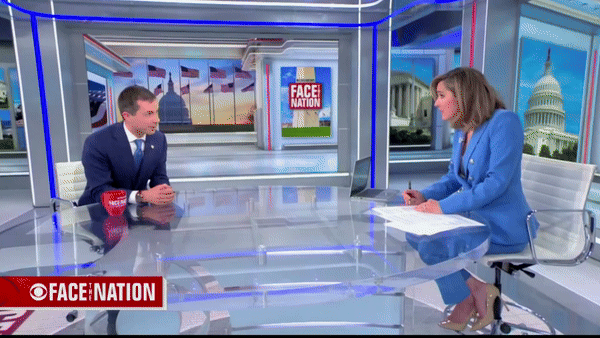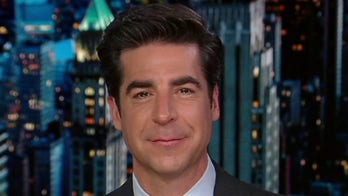Amid escalating tensions, protesters at Columbia University's Hamilton Hall issue an urgent plea for food and water, fearing severe consequences if their demands are unmet. The university administration faces increasing pressure to address the humanitarian concerns of the occupying students.

The ongoing demonstrations against Israel on the campus of Columbia University have taken a perilous turn, with protesters setting up hundreds of tents and demanding basic necessities to sustain themselves. The occupied Hamilton Hall has become a focal point of growing tensions, as protesters face the prospect of a potential police crackdown.
Johannah King-Slutzky, a Columbia graduate student, went viral online after issuing a desperate appeal to the media, pleading for authorities to provide food and water to the protesters. She argued that their safety and well-being depended on these essential supplies.

King-Slutzky's plea raised fundamental questions about the university's obligation to its students, even those whose actions challenge the institution's policies. She emphasized the humanitarian imperative to prevent starvation or illness among the protesters.
Some commentators have criticized King-Slutzky's demands, arguing that they undermine the seriousness of her cause and equate revolutionary action with entitlement to sustenance. Others have condemned her radical views, which include a Marxist perspective on social issues.

Despite the controversy, the situation at Columbia highlights the complex and conflicting values at play in modern activism. The protesters assert their right to express their views through occupation, while the university grapples with its responsibility to maintain order and ensure the welfare of its students.
As tensions escalate, the NYPD stands ready to intervene and clear Hamilton Hall of protesters. The timing of any potential police action remains uncertain, adding to the uncertainty surrounding the fate of the demonstrators.
The ongoing standoff at Columbia has sparked a heated debate about the role of protest and the limits of free speech on university campuses. Supporters of the protesters argue that the university administration should prioritize dialogue and negotiation, while critics condemn the disruption caused by the occupation.
The university administration has been criticized for its perceived lack of transparency and for not engaging in earlier conversations with the protesters to prevent the escalation of tensions. The university's reputation and its ability to foster open and respectful discourse are at stake.
As the situation at Columbia continues to unfold, it remains to be seen how the university will balance its commitment to academic freedom and its responsibility to maintain order. The outcome of this standoff will likely have implications for student activism and campus politics across the country.
The demands for basic necessities by the protesters have brought into sharp focus the humanitarian concerns that can arise in the midst of political protest. While the university administration faces a difficult challenge in balancing these concerns with its own security interests, finding a peaceful resolution remains paramount.










